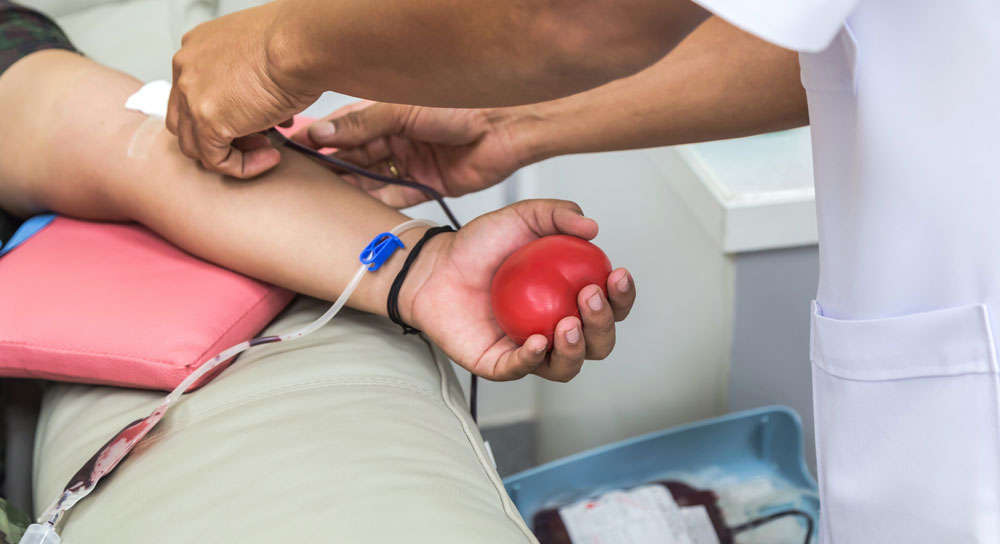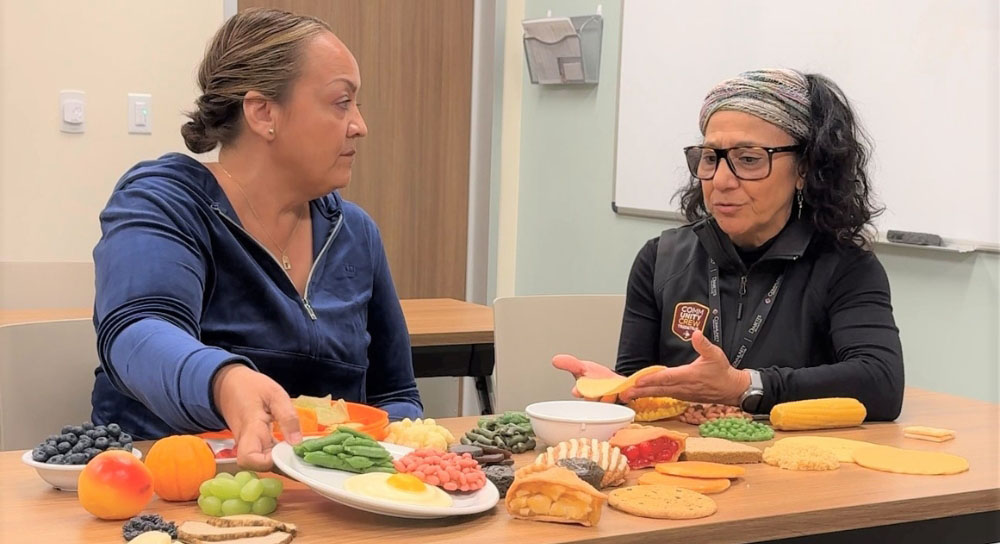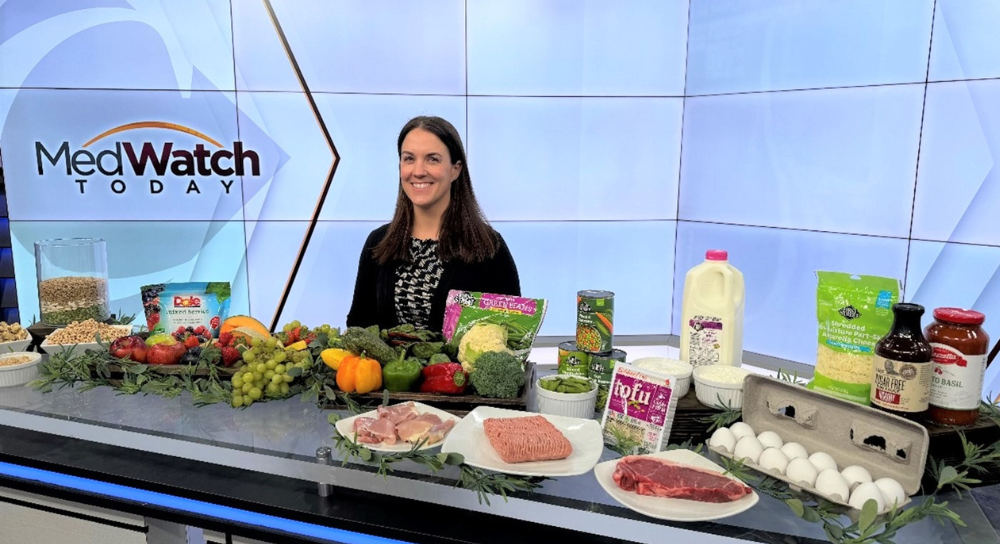After the coronavirus pandemic hit, an unprecedented number of blood drives were cancelled in the San Joaquin Valley. The Central California Blood Center (CCBC) has been trying to catch up ever since.
“When the shutdown happened in March, we immediately lost the opportunity to collect over 1,000 units,” explained Ersilia Lacaze, director of marketing at the blood center. “Blood drives hosted by our community partners [businesses and schools] make up 50% of our annual donations.”
CCBC is responsible for the collection of blood and blood products for 30 hospitals and their network of facilities in Fresno, Tulare, Madera, Kings and Mariposa Counties. “It takes 5,000 to 6,000 pints of blood per month to meet the needs of patients in our Central Valley community,” says Lacaze. “The sustainability and wellbeing of a community hinges on a sustainable and ready blood supply.”
All types of blood needed, but especially Type O
Donated blood is essential to local hospitals and the need for donated blood has remained constant throughout the coronavirus pandemic. Blood shortages impact patients who need surgery, victims of car accidents or house fires, or even patients suffering from cancer.
“The average person assumes if they need blood the hospital would have it. The connection that needs to be realized is that it’s the good faith of donors that comes in before that makes blood available for when it’s needed,” Lacaze says.
Blood inventory levels in the Central Valley have hit a critical need and hospital suppliers like CCBC are having difficulty fulfilling their demand. “Our inventory for type O blood is about a 1/2 of what we minimally need to have on hand,” says Edilia Bourbon-Cervantes, blood management coordinator at Community Medical Centers.
Type O is routinely in high demand by hospitals, because it’s the most common blood type. Type O negative blood also is the universal blood type needed for emergency transfusions and immune deficient infants. To help the needs of the region’s patients, Community Medical Centers hosts multi-campus blood drives four times a year. Bourbon-Cervantes says Community collects over 200 units from its employee and physician donors each year.
Donating blood remains safe during the pandemic
The Centers for Disease Control and Prevention (CDC) encourages all healthy people who are well to donate blood if they are able. Lacaze understands why people may be hesitant to come out to donate blood but wants to reassure the public that blood donation is a safe process. They have put additional precautions in place to protect the health and safety of their donors and staff.
The blood center is open and going above the CDC recommendations for keeping donors and safe. Safety practices include, spacing donor chairs 6 feet apart and thoroughly adhering to environmental cleaning practices. At this time, only donors are allowed inside the facilities, and everyone who enters the building must be masked, pass a health screening and temperature scan.
How can you donate?
The CCBC currently has four donation centers located in Northwest Fresno, Central Fresno, North Fresno, and Visalia, and five mobile collection units that travel to work sites throughout the Central Valley. While walk-in donors are welcome and accepted, in respect for donors’ time and to help abide by social distancing standards, donors are encouraged to make an appointment.


.jpg)


